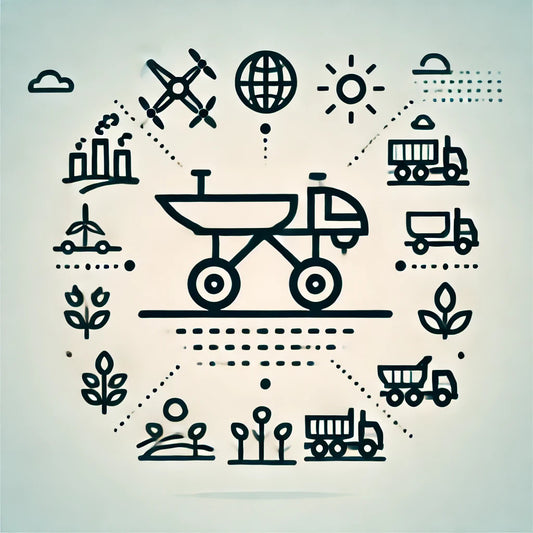-
DESCRIPTION
-
TABLE OF CONTENTS
-
SAMPLE PAGE
-
SAMPLE DOSSIER
The confluence of burgeoning urbanization, industrialization, and contemporary consumption patterns has precipitated a critical juncture surrounding waste management and the circular economy. This section examines the historical underpinnings and the escalating significance of these domains within the broader context of environmental sustainability.
The historical trajectory of waste management unfolds against societal evolution and industrial advancement. From rudimentary waste disposal methods to present-day complex systems, the evolution mirrors societal shifts in production, consumption, and urbanization. This historical examination elucidates the evolution of waste management practices and underscores the environmental challenges posed by conventional approaches to waste disposal.
Chapter I. Introduction 6
A. Background and Significance of Waste Management and Circular Economy 7
B. Purpose and Scope of the Report 8
Chapter II. Evolution of Waste Management 9
A. Historical Overview of Waste Management Practices 10
B. Environmental Challenges and the Need for Sustainable Solutions 11
Chapter III. Principles of Circular Economy 13
A. Definition and Key Concepts of Circular Economy 14
B. Benefits and Potential of Circular Economy in Waste Management 15
Chapter IV. Emerging Trends in Waste Management 17
A. Shift towards Waste Prevention and Reduction Strategies 18
B. Advancements in Recycling Technologies and Processes 19
C. Digitalization and Data-Driven Approaches in Waste Management 21
Chapter V. Circular Design and Product Lifecycle 22
A. Importance of Product Design for Durability and Recyclability 23
B. Integration of Circular Principles Throughout the Product Lifecycle 25
C. Role of Extended Producer Responsibility in Circular Economy 27
Chapter VI. Innovations in Waste Sorting and Resource Recovery 28
A. Advanced Sorting and Separation Technologies 30
B. Recovery of Valuable Materials from Diverse Waste Streams 32
C. Challenges and Opportunities in Resource Recovery 34
Chapter VII. Policy and Regulatory Frameworks 36
A. Government Interventions and Regulations Promoting Circular Economy 38
B. International Collaborations and Agreements on Waste Management 40
C. Incentives and Support Mechanisms for Circular Practices 42
Chapter VIII. Role of Technology and Digitalization 44
A. Internet of Things (IoT) and Smart Waste Management Systems 46
B. Data Analytics and Predictive Modeling in Waste Management 48
C. Case Studies and Success Stories of Technology-Driven Waste Solutions 50
Chapter IX. Social and Behavioral Aspects 52
A. Consumer Awareness and Changing Attitudes Toward Waste 54
B. Citizen Engagement and Community-Driven Initiatives 57
C. Education and Awareness Campaigns Promoting Circular Economy Practices 59
Chapter X. Challenges and Future Outlook 62
A. Barriers to the Implementation of Circular Economy Principles 64
B. Technological, Economic, and Social Challenges in Waste Management 66
C. Future Prospects and Potential Solutions for a Sustainable Future 68
Chapter XI. Conclusion 71
A. Summary of Key Findings and Implications 73
B. Call to Action for Stakeholders in Waste Management and Circular Economy 74
Notes and Resources 77





